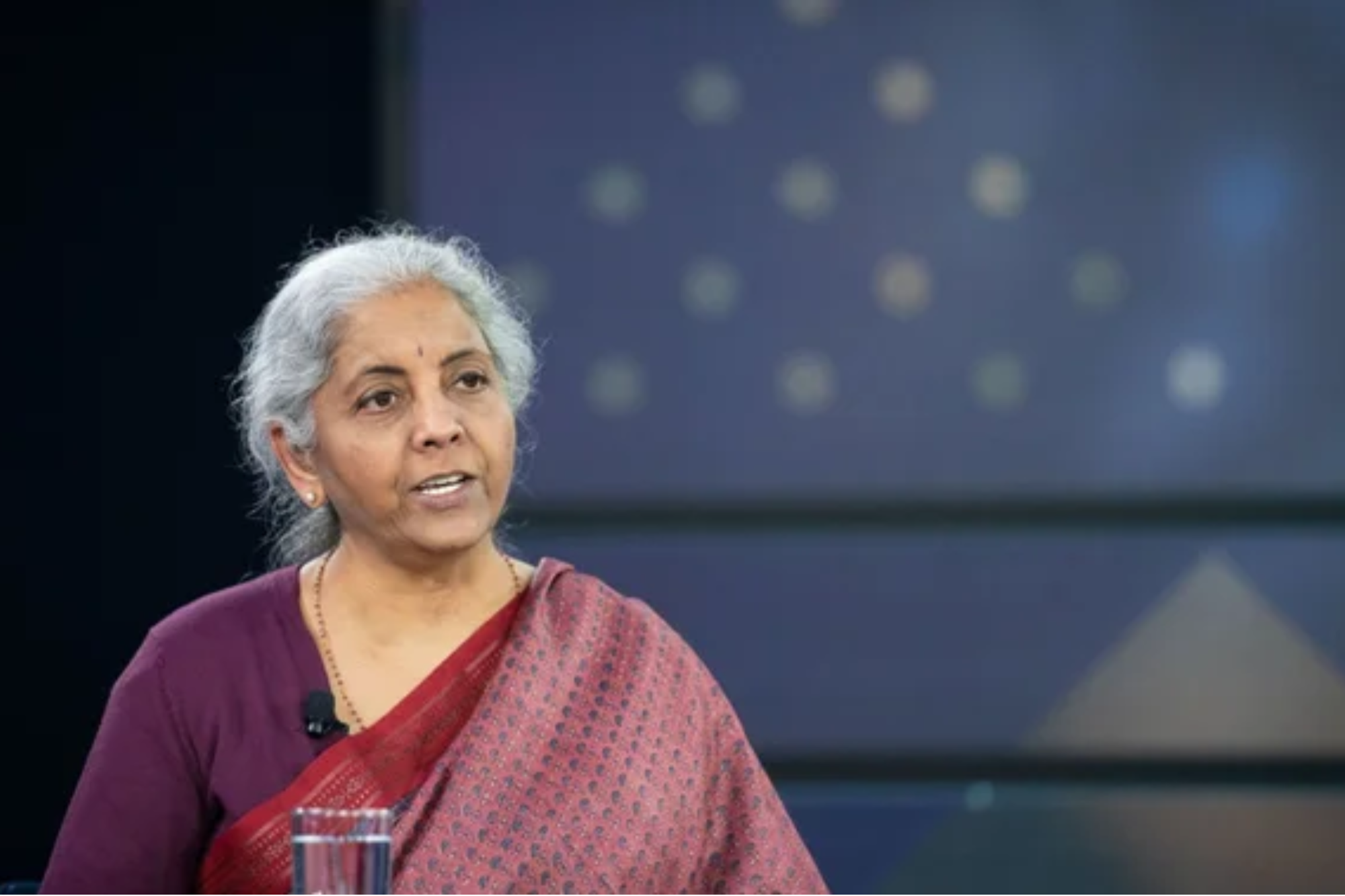Why India Is Consolidating Its Position In JVs With China Several manufacturing initiatives have faced delays over the past few years, now the government is revising its stance and considering permitting new Chinese-Indian JVs only if the Indian entity holds a majority stake
You're reading Entrepreneur India, an international franchise of Entrepreneur Media.

In 2020 as Sino-Indian border tensions escalated, Chinese investments were restricted and foreign direct investment (FDI) rules were tightened in India. Fast forward, according to a report by The Economic Times, the Indian government may soon allow new joint ventures (JVs) between Chinese and Indian companies, provided the Indian partner holds a majority share. While a radical decision was taken to ban all Chinese apps earlier – with regard to the manufacturing firms, a different strategy was adopted – since Chinese manufacturers had deep rooted chords in mobile and automobiles sectors in India.
The current development comes after discussions between government officials, particularly from the Department for Promotion of Industry and Internal Trade (DPIIT), and chief executives from the electronics and automobile industries interested in forming JVs with Chinese firms, the report by ET quoted. It is to be noted that the stance comes closer to the heels of a JV between JSW-MG Motor India (SAIC Motor, Chinese state-owned automobile manufacturer); post this, the government is looking at an accommodative approach to continue JVs with Chinese companies where India's interest remains undiluted.
According to four industry CEOs, as reported by ET, the government is now showing a softened stance towards these ventures, potentially reviving manufacturing projects that have been stalled for years. These projects, especially in the auto and electronics components sectors, are now reinitiating talks with Chinese partners. Despite the government's willingness to support such ventures, approvals will still need to adhere to Press Note 3 norms to ensure thorough scrutiny of Chinese companies and protect India's interests. The report further added that there is some reluctance from Chinese firms to share technology without clarity on their equity participation. Despite this, Indian companies have been encouraged by government officials to apply for JVs under the new guidelines, indicating a potential case-by-case relaxation of restrictions for Chinese electronics companies investing in India.
A senior industry insider based in India told the Global Times that for Chinese firms already established in India, grappling with operational constraints and pressures, this move may indicate that "They will be compelled to heed Indian demands by selling their equity at reduced prices, with Indian companies stepping in. However, for those yet to enter the Indian market, the unfriendly business environment and elevated country risk levels warrant cautious consideration," the source said.
India's manufacturing sector is reliant on Chinese raw materials and technology. In April a report by Global Trade Research Initiative (GTRI) said with increasing India's dependence on Chinese industrial goods such as telecom, machinery and electronics, Beijing's share in India's imports of such goods rose to 30 per cent from 21 per cent in the last 15 years. Besides, Chinese companies possess advanced tech which can help boost India's manufacturing sector.
The impact of such joint ventures between India and China in strengthening India's economic condition can only be assessed when more such pacts are signed.








